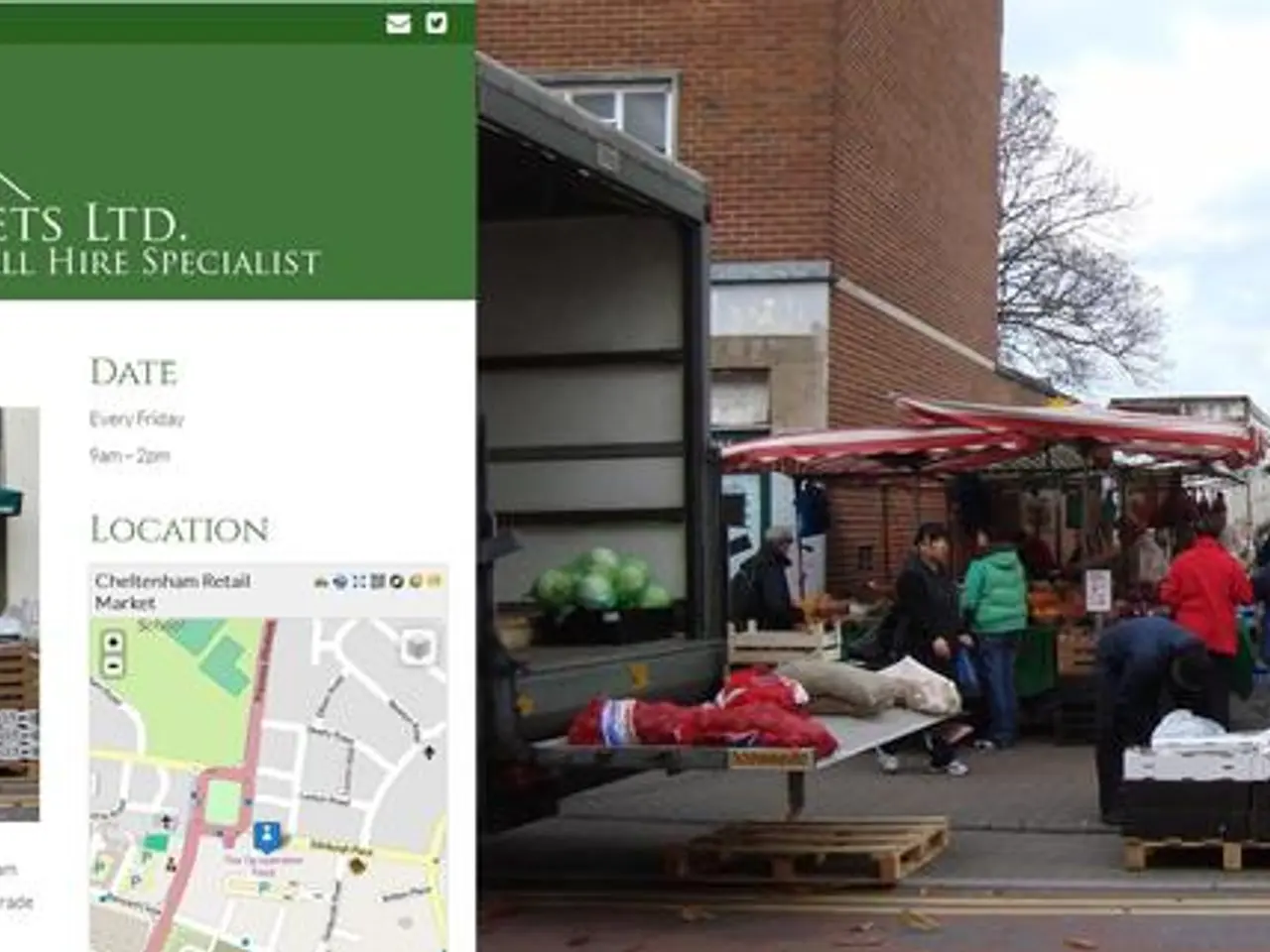Artificial Intelligence Set to Overtake Recruitment and Assistant Roles in Next Six Months, Claims CEO of ChatGPT Competitor
In a groundbreaking development, a new AI-powered browser named Comet is poised to revolutionise the way we work, particularly in the fields of recruitment and executive assistance. This innovative tool, designed to be a true AI agent, is set to automate a wide range of tasks, freeing up professionals for more strategic and creative work.
For recruiters, Comet promises to streamline the recruitment process by automating routine tasks such as candidate sourcing, outreach, and follow-ups. This could lead to significant reductions in workload and time, potentially making the recruitment process more efficient and cost-effective. With AI handling repetitive tasks more quickly and accurately than humans, companies might see a reduction in recruitment costs and an increase in efficiency.
Recruiters could then focus on strategic aspects of their job, such as building relationships with candidates, assessing cultural fit, and negotiating job offers. Aravind Srinivas, CEO of AI startup Perplexity, believes that a recruiter's work worth one week can be achieved with one prompt using AI. However, Srinivas's vision is one of replacement, not assistance, by a vastly more capable assistant.
Similarly, for executive assistants, Comet could handle tasks like email management, scheduling, and calendar organisation, reducing the need for human intervention in these areas. This automation could lead to enhanced productivity, with executive assistants able to focus on higher-value tasks that require human judgment and creativity, such as strategic planning and decision-making support.
However, the rise of AI-powered tools like Comet also presents challenges. The potential displacement of workers whose livelihoods are built on automatable tasks is not addressed in Srinivas's optimistic view. The need for workers to adapt to new roles and responsibilities, and the ethical considerations surrounding data privacy, job security, and potential bias in AI decision-making processes, are all important issues that need to be addressed as we move towards a more AI-driven future.
As the future of work shifts from active inputs to delegation and oversight, Srinivas envisions a future where people have more time for leisure and personal enrichment. With the AI-powered browser Comet, the web browser is set to become an active, intelligent layer managing work in the background, allowing users to launch multiple Comet assistant jobs and focus on other tasks while AI works.
The potential displacement of millions of workers is a concern that cannot be ignored. Srinivas sees the role of "AI orchestrator" as a potential elevation for some workers, while many others could face displacement. As the first draft of the future of work is written in code, it's clear that we are on the brink of a profound and potentially brutal transformation of the white-collar workforce.
In conclusion, while Comet presents opportunities for greater efficiency and productivity, it also introduces challenges related to job displacement and the need for workers to adapt to new roles and responsibilities. As we navigate this new paradigm, it's crucial that we consider the ethical implications and ensure that all workers are equipped to thrive in this AI-driven future.
- In the realm of finance and investing, Comet's artificial intelligence could assist financial professionals by automating data analysis, trend identification, and predictive modeling, potentially boosting their efficiency.
- The development of Comet's technology introduces a new dimension for the business sector, where AI could excel in tasks like market research, data analysis, and strategy implementation.
- As Comet begins to streamline and revolutionize various industries, there might be a growing need for tech-savvy professionals to understand, maintain, and develop these AI-driven offerings.
- In the tech industry, the rise of AI-powered tools like Comet could stimulate the growth of startups focused on artificial intelligence, driving innovation and competition.
- Amidst this AI-driven transformation, there's a need for regulatory oversight to address concerns regarding data privacy, cybersecurity, and AI accountability, ensuring fairness and ethical practices across all industries.




